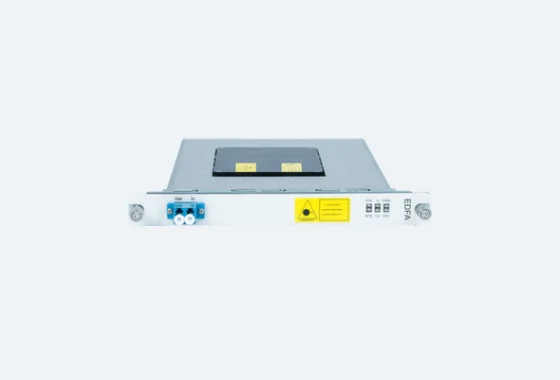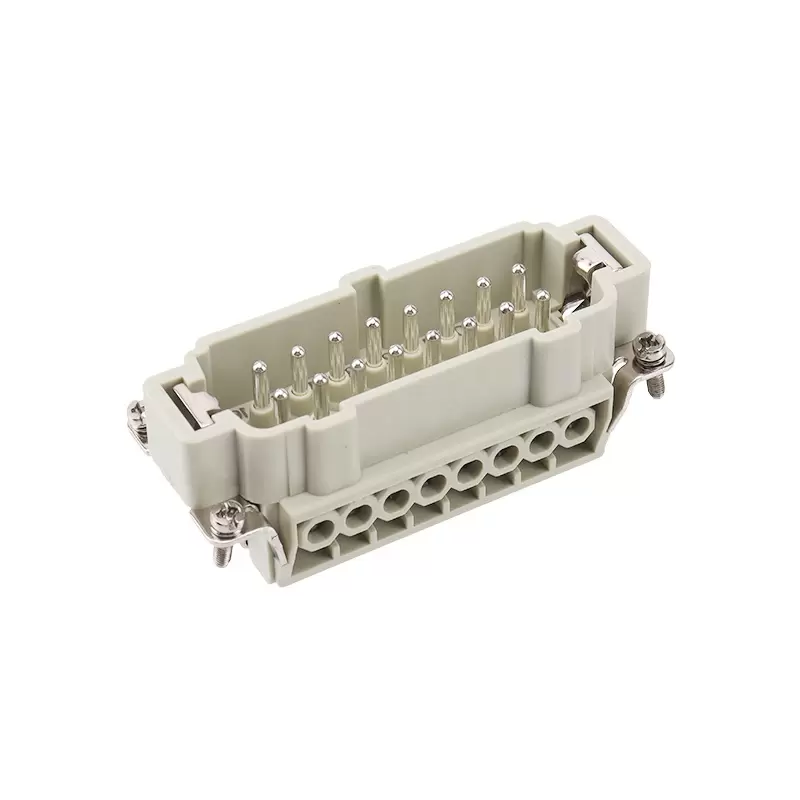
As the world shifts towards sustainable energy, electric vehicles (EVs) are becoming increasingly popular. However, with so many different types of EVs on the market, it can be difficult to determine which one is best for you. In this article, we will explore the different types of EVs and help you decide which one is the best fit for your needs.
- Battery Electric Vehicles (BEVs)
BEVs are the most common type of EV and are powered solely by an electric motor and a battery pack. They do not have an internal combustion engine and emit no tailpipe emissions. BEVs are best suited for those who have a daily commute of less than 100 miles and access to charging infrastructure. They are also ideal for those who want to reduce their carbon footprint.
- Plug-in Hybrid Electric Vehicles (PHEVs)
PHEVs have both an electric motor and an internal combustion engine. They can run on electricity alone for a certain distance before the gasoline engine kicks in. PHEVs are best suited for those who have a longer commute or frequently take long trips. They are also ideal for those who want to reduce their carbon footprint but still need the flexibility of a gasoline engine.
- Hybrid Electric Vehicles (HEVs)
HEVs have both an electric motor and an internal combustion engine, but they cannot be plugged in to charge. Instead, they rely on regenerative braking and the gasoline engine to recharge the battery. HEVs are best suited for those who have a longer commute or frequently take long trips but do not have access to charging infrastructure. They are also ideal for those who want to reduce their carbon footprint but are not ready to make the switch to a fully electric vehicle.
- Fuel Cell Electric Vehicles (FCEVs)
FCEVs use hydrogen to generate electricity and power an electric motor. They emit only water vapor and are best suited for those who have access to hydrogen refueling stations. FCEVs are still relatively new and are not yet widely available, but they are a promising technology for the future.
In conclusion, the best type of electric vehicle for you depends on your individual needs and circumstances. If you have a short commute and access to charging infrastructure, a BEV may be the best choice. If you have a longer commute or frequently take long trips, a PHEV or HEV may be a better fit. And if you have access to hydrogen refueling stations, an FCEV may be the way to go. Regardless of which type of EV you choose, you can feel good knowing that you are doing your part to reduce your carbon footprint and help create a more sustainable future.



